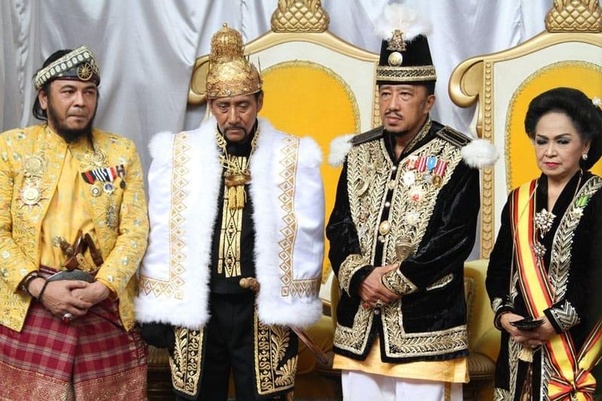priceless-stories.org – Indonesia, known for its rich cultural tapestry and diverse archipelago, has a complex history that includes various forms of governance, including monarchies. However, it is important to clarify that Indonesia does not have a “King” in the modern sense, as it is a republic with a presidential system of government. The country declared its independence from Dutch colonial rule on August 17, 1945, and has since been a unitary state with a democratic system.
Pre-Colonial Monarchies
Before the arrival of European colonial powers, Indonesia was home to numerous kingdoms and sultanates, each with its own ruler. Some of the most notable include the Majapahit Empire, which was one of the greatest empires in Southeast Asia, and the Demak Sultanate, which played a significant role in the spread of Islam in the region. These monarchies were characterized by their own unique cultures, languages, and traditions, and they often competed for influence and territory.
Colonial Era and the Dutch East Indies
The Dutch East India Company (VOC) began establishing trading posts in Indonesia in the early 17th century, gradually expanding its control over the archipelago. By the 19th century, the Netherlands had established the Dutch East Indies as a colonial territory. During this period, many local monarchs were forced to cooperate with the colonial administration, and their powers were significantly curtailed.
Independence and the Republic of Indonesia
After World War II, Indonesia declared its independence, and Sukarno became its first president. The country’s constitution established a republican form of government, and the idea of a monarchy was largely abandoned. However, some remnants of the traditional monarchies persisted in the form of cultural and ceremonial roles.
Modern Indonesia and Traditional Monarchs
Today, Indonesia recognizes several traditional monarchs, often referred to as “sultans” or “rajas,” who hold positions of honor and cultural significance in their respective regions. These figures are not heads of state or government but are respected for their historical and cultural value. They play roles in ceremonies, local governance, and community affairs, and they are often involved in efforts to preserve local traditions and heritage.
Conclusion
While Indonesia does not have a king in the contemporary sense, the country’s history is rich with the legacies of various monarchies that once thrived across its islands. The modern Indonesian state, with its republican form of government, maintains a respectful connection to its past through the recognition of traditional monarchs who continue to play important roles in their communities.
